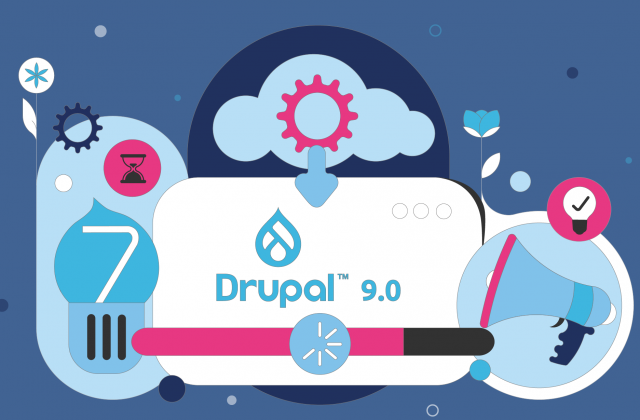These things just keep happening – despite the fact there’s no shortage of cautionary tales out there. I’m talking about social media marketers that insensitively exploit serious and traumatic events to gain publicity, with American Apparel providing the latest example in the wake of Hurricane Sandy hitting New York yesterday. The retailer used twitter to offer a special sale for those ‘bored of the storm’ – as almost 50 people were losing their lives, millions saw their homes destroyed and a state of emergency was declared.
And yet, despite the obvious blunder which makes the company look extremely insensitive and attracted very negative reactions on twitter, it has generated a staggering volume of coverage online (including this post) – which surely would not have been possible without the outrage element. Fashion retailer Kenneth Cole made a similar blunder last year in relation to the Egyptian uprising and there are numerous other examples of social media cock-ups which generated extensive negative publicity.
The question is, how does this negative publicity affect sales? Well, only Kenneth Cole will know – and they haven’t shared their insights yet. American Apparel will presumably also be able to shed some light on the issue over the next few weeks or so as they monitor what impact the incident might have on revenue and sales.
However, although we don’t have detailed internal data from these companies (or others who have made similar gaffes, from GoDaddy to Chrysler) we do have one metric which we can use to speculate about the viability of such a social media strategy – repeat incidents.
In other words, of those who have previously experienced a tirade of negative publicity for committing a social media gaffe, have any of them ever repeated it? You’d assume that if it turned out that ‘no press is bad press’ and sales received a boost they’d be tempted to gamble with such a risky strategy once again.
However, in this respect the conclusion is categorically that such gaffes and insensitive blunders are not good for business – since none of the companies who’ve been guilty of these types of errors in the past have repeated the strategy. In other words, despite having used insensitive promo tweets during the Arab Spring, Kenneth Cole for example did not repeat the feat during hurricane Sandy.
So maybe it’s not good for business? Or maybe it’s just so much hassle and so unpleasant to be at the centre of such a controversy that it’s simply not worth a minor sales pick-up if the brand will be damaged in the long term. One thing is for sure, we could certainly do with a little more data for purposes of understanding this aspect of social media marketing a little better.
Nonetheless, my advice to any social media marketers thinking it could be a daring and maverick move would be to reconsider. Even with the limited examples of such strategies that we have, it seems very likely that it does far more harm than good to the business – on top of the fact that it is most certainly morally wrong.



